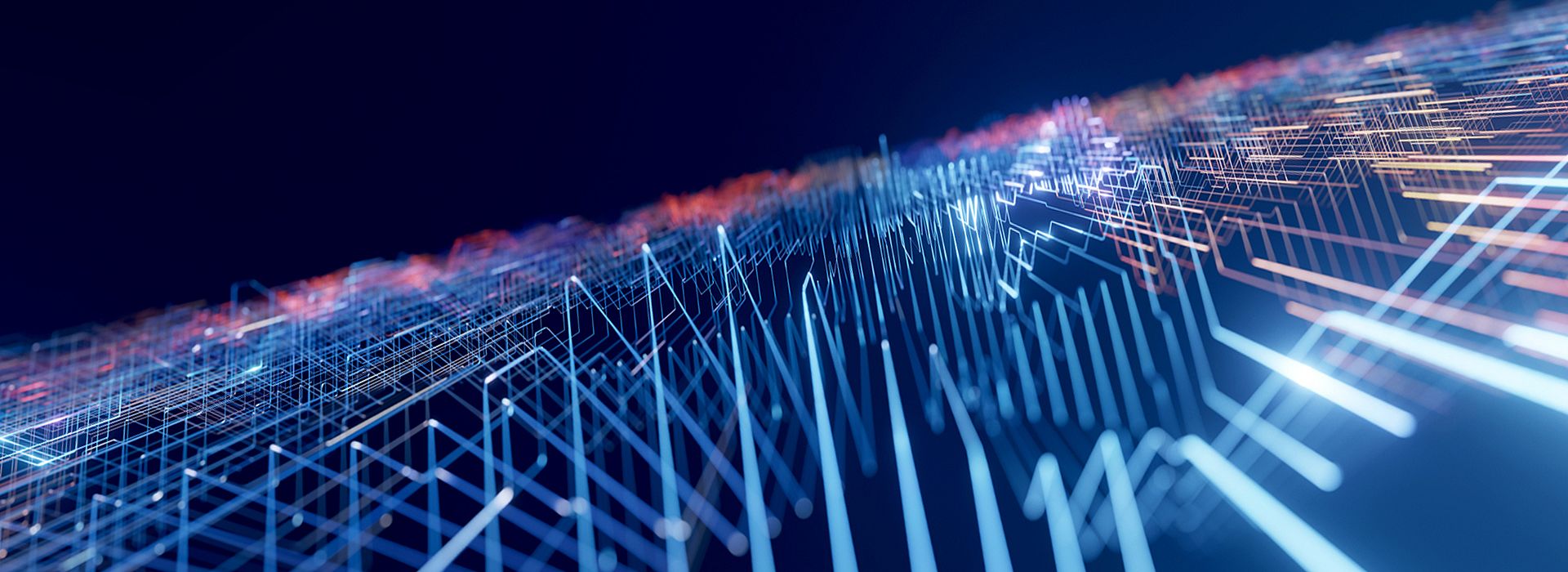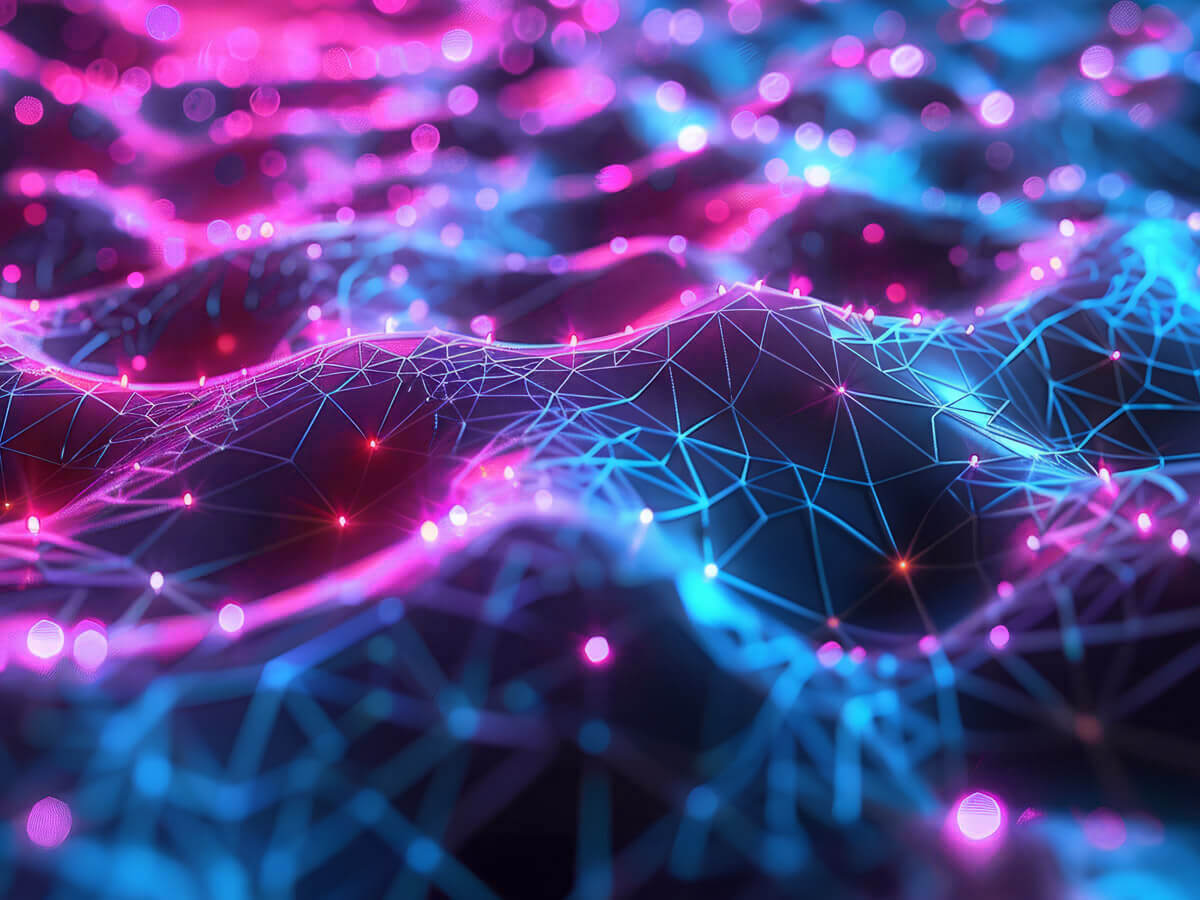
From fundamental research to marketable prototypes
fortiss has established itself at the forefront of global research on key topics in
and is a recognised partner for challenging issues in software development and artificial intelligence (AI).
The institute focuses on methods and tools for developing and operating powerful software with reliable functionality, performance, resilience, persistence, security and maintainability. The focus is on integrating model-driven software development with data-driven AI programming to enable the controlled development of a new generation of increasingly autonomous and decentralised software systems.

Until now, software and systems engineering has focused on ensuring the reliability and security of relatively small, centralised and automated systems that operate in predictable environments. However, current and future requirements are increasingly shifting towards ensuring the trustworthiness of larger, dynamically networked, self-learning and constantly evolving, often autonomously acting systems. In the Software & Systems Engineering research focus area, fortiss is expanding the classic methods of model-based software and system development and integrating them with new development methods for data-driven applications.

The AI Engineering research area focuses on researching and developing a new generation of robust, trustworthy AI technologies that can make timely, safe decisions in uncertain and unpredictable environments. Our goal is to increase the trustworthiness and explainability of AI systems and ensure they are resilient to erroneous inputs and targeted attacks. The focus here is on processing large volumes of data as well as gaining knowledge from small amounts of data without jeopardising confidentiality and privacy.

In the IoT Engineering research focus area, fortiss develops flexible, software-based infrastructures that adapt dynamically to changing requirements. We integrate sensor, computer and communication capabilities into heterogeneous systems and penetrate critical infrastructures using software. Our focus is on the creation of resilient, decentralized systems, the transparent management of data and the further development of communication networks. We combine edge and cloud computing to enable efficient, secure and scalable IoT solutions for modern, dynamic environments.
fortiss is the research institute of the Free State of Bavaria for software-intensive systems. We combine cutting-edge research with practical applications to develop innovative solutions for the most pressing challenges of the digital world. In close collaboration with academia and industry, we set standards in the transfer of new technologies and actively shape the digital future.